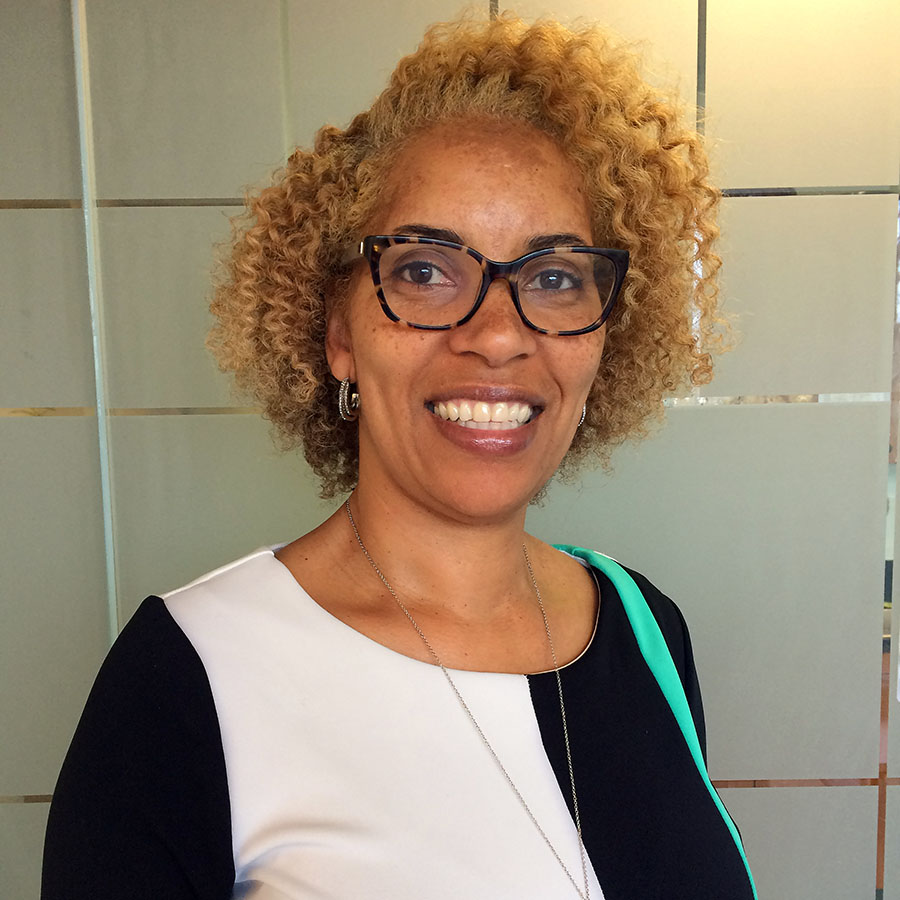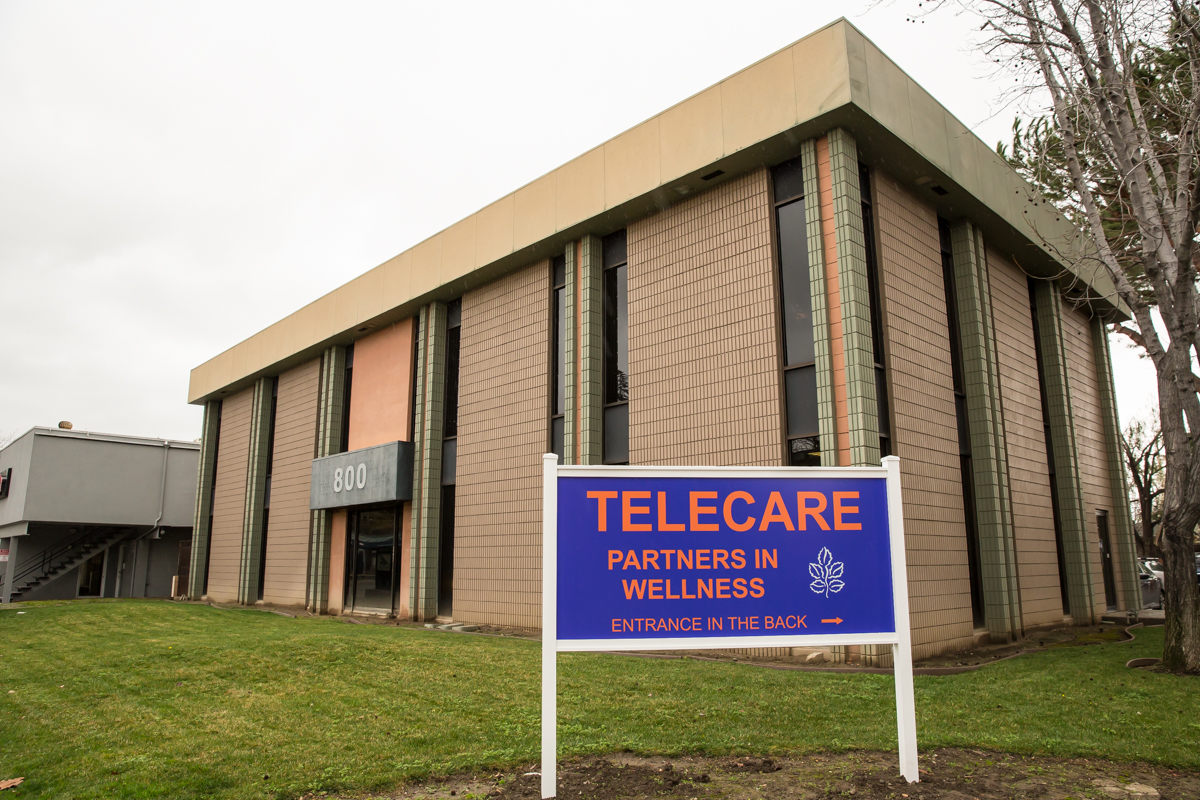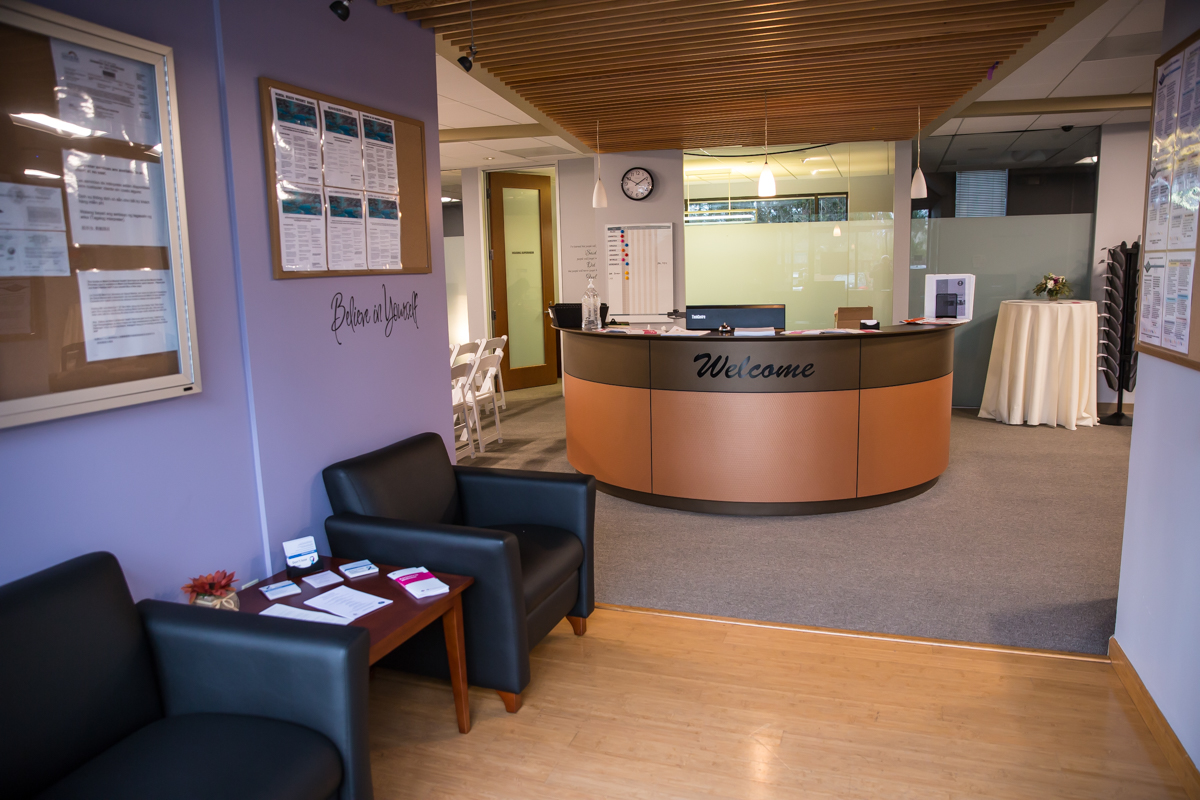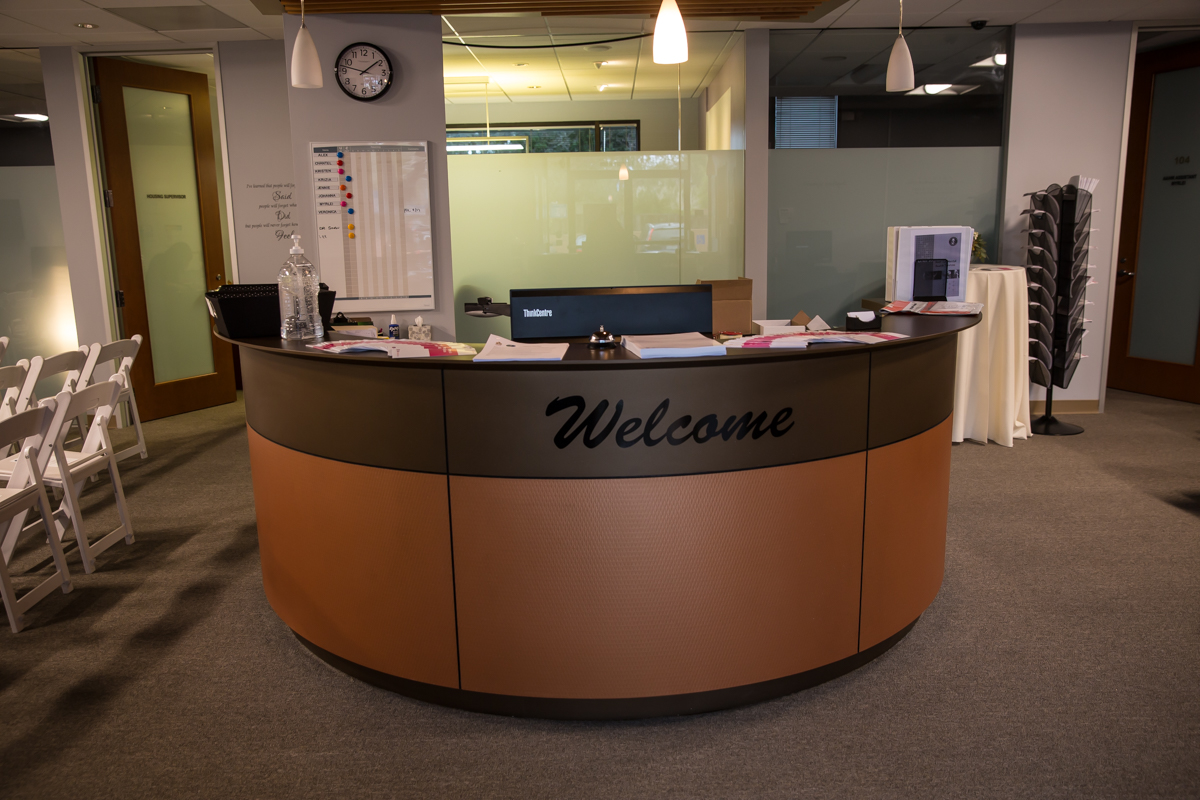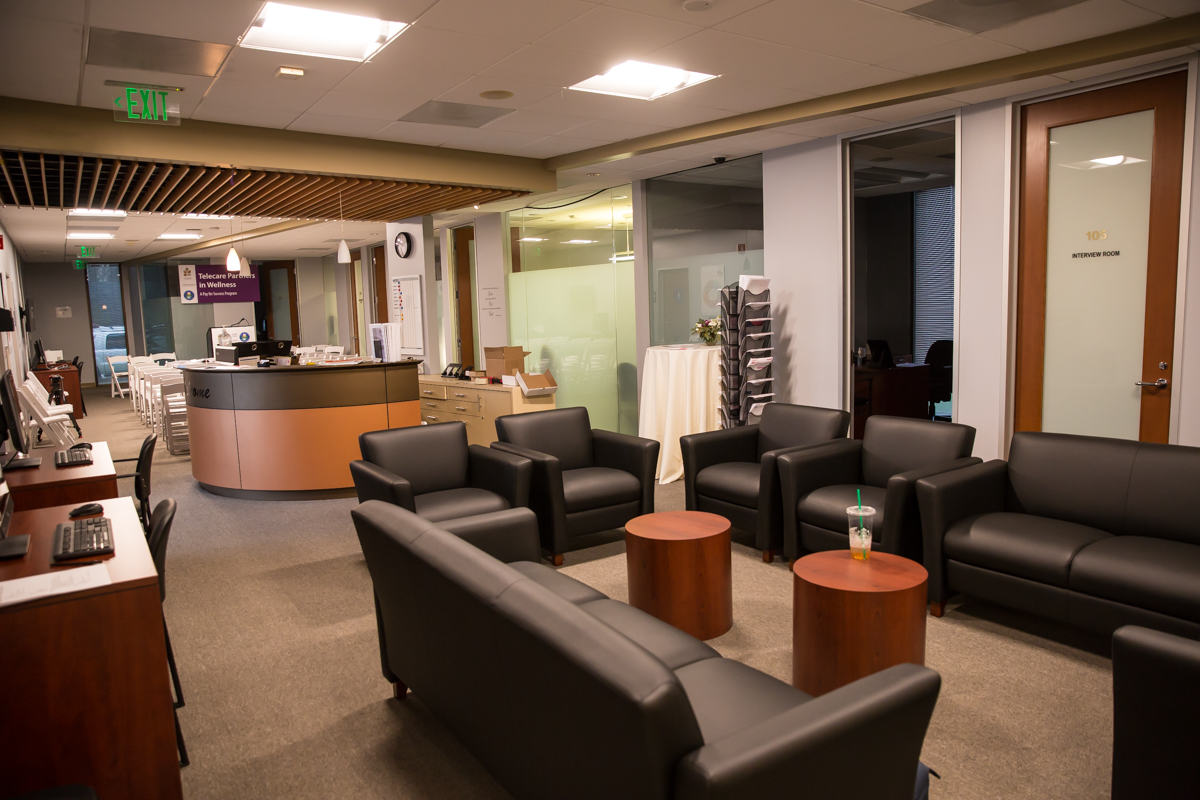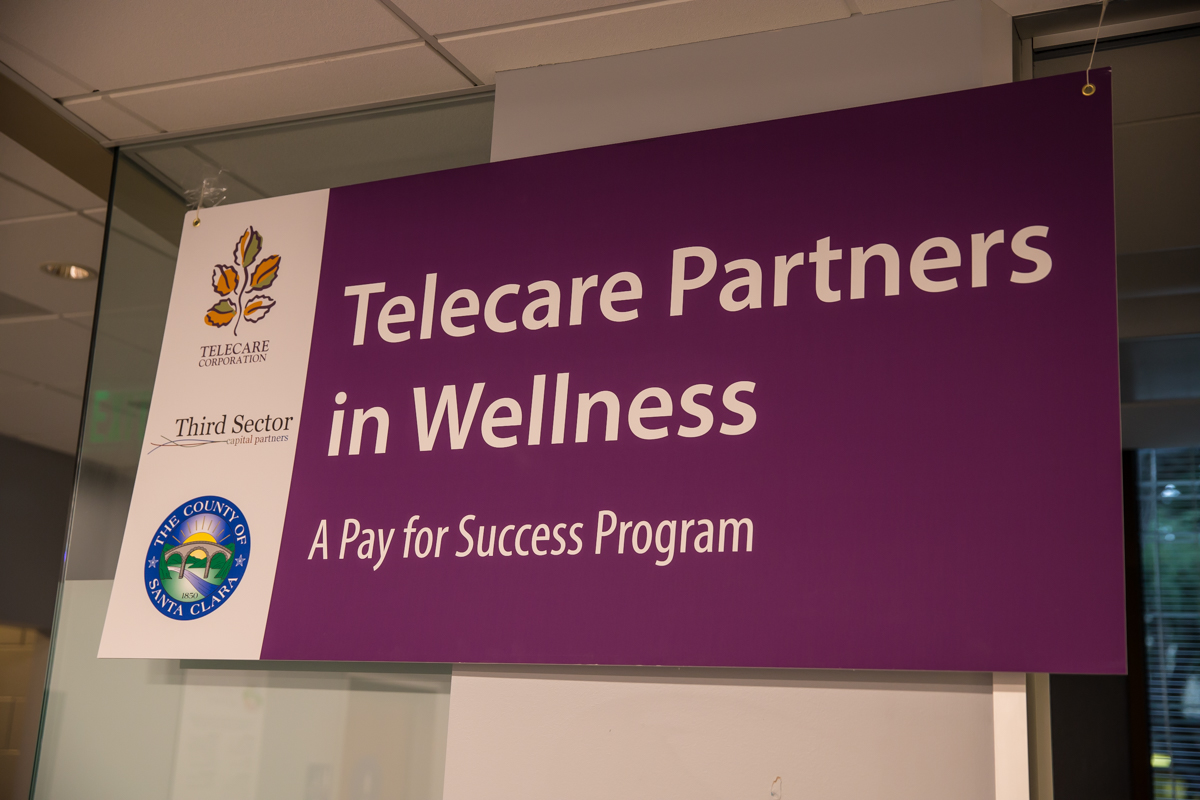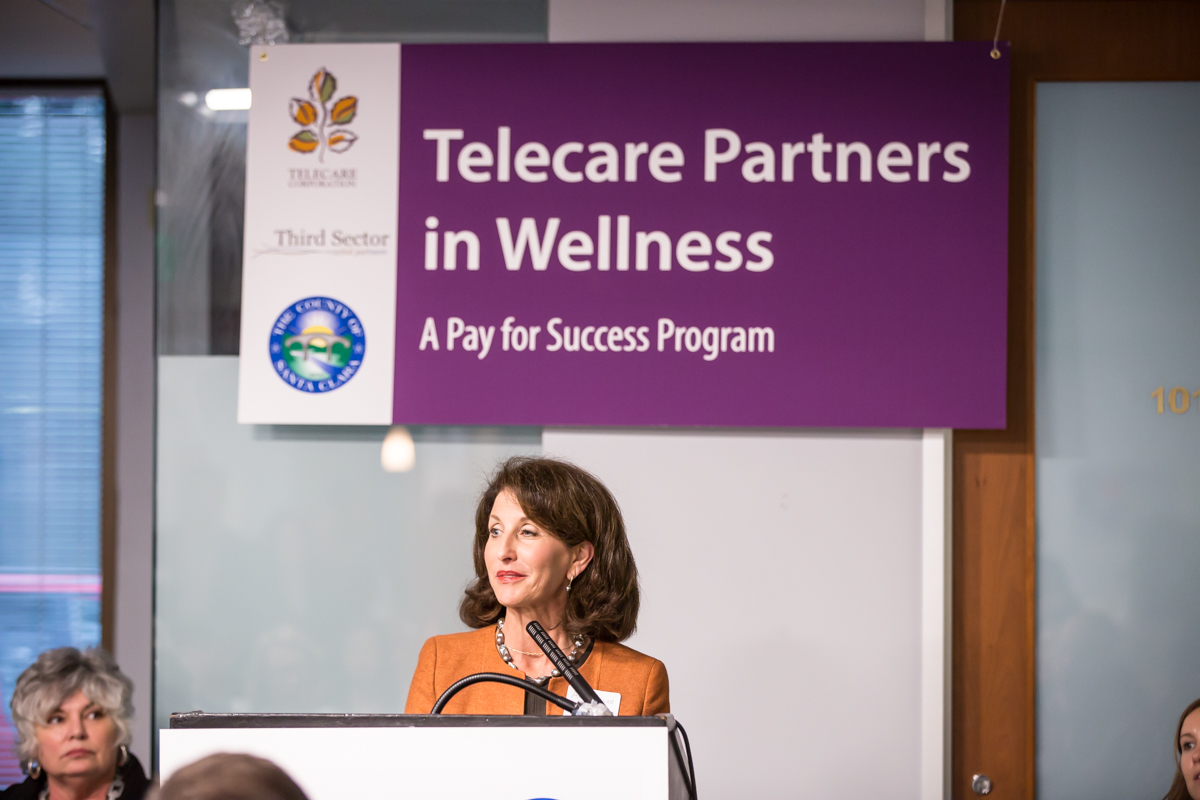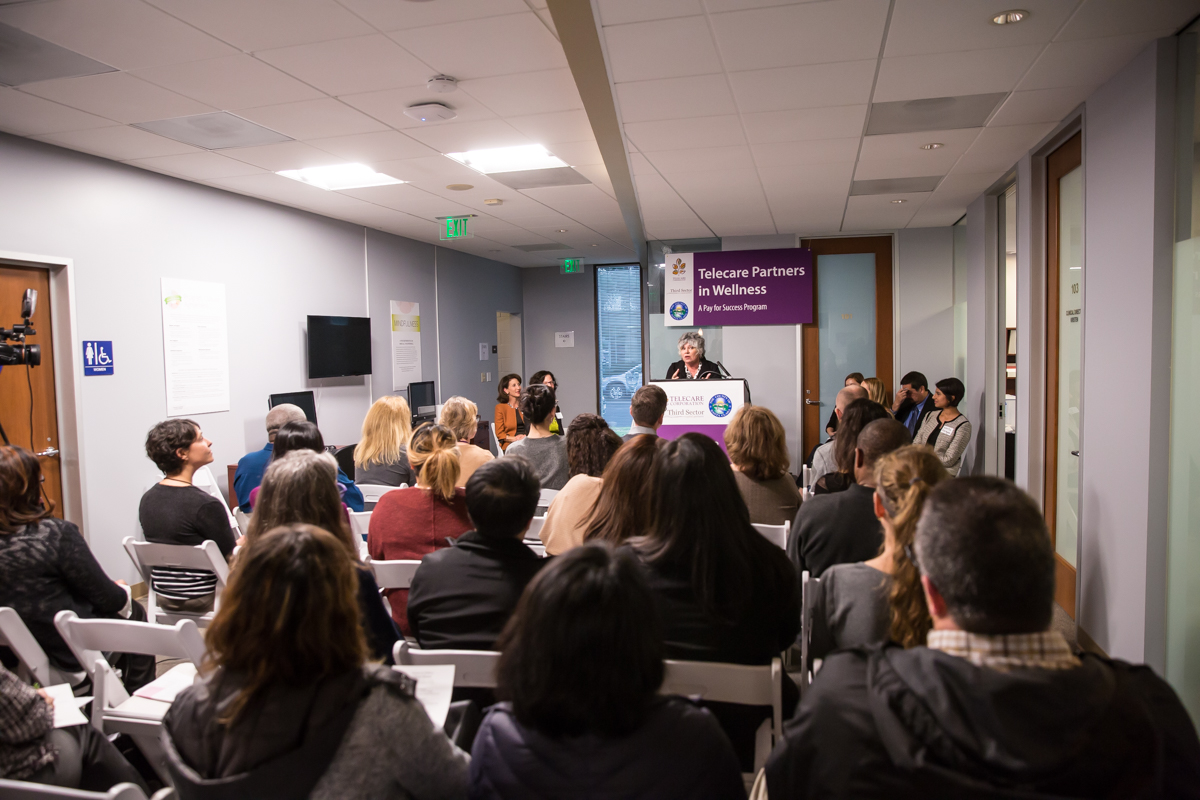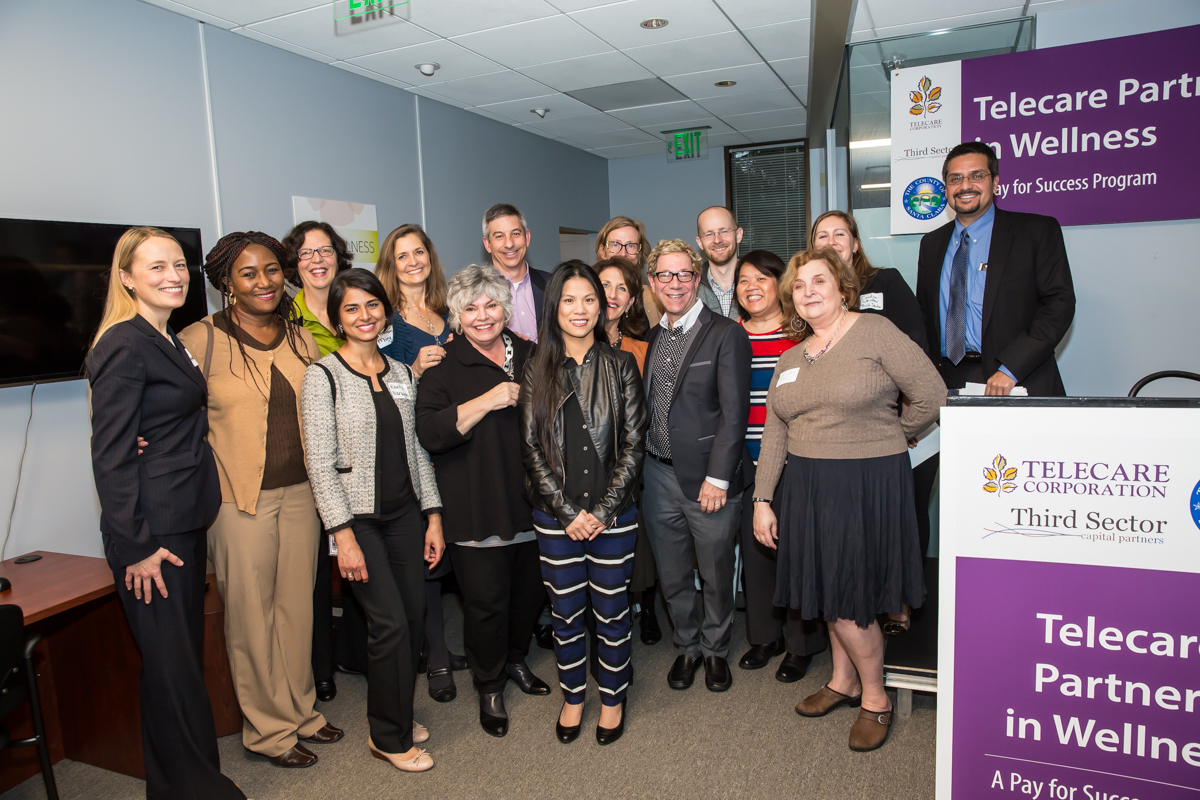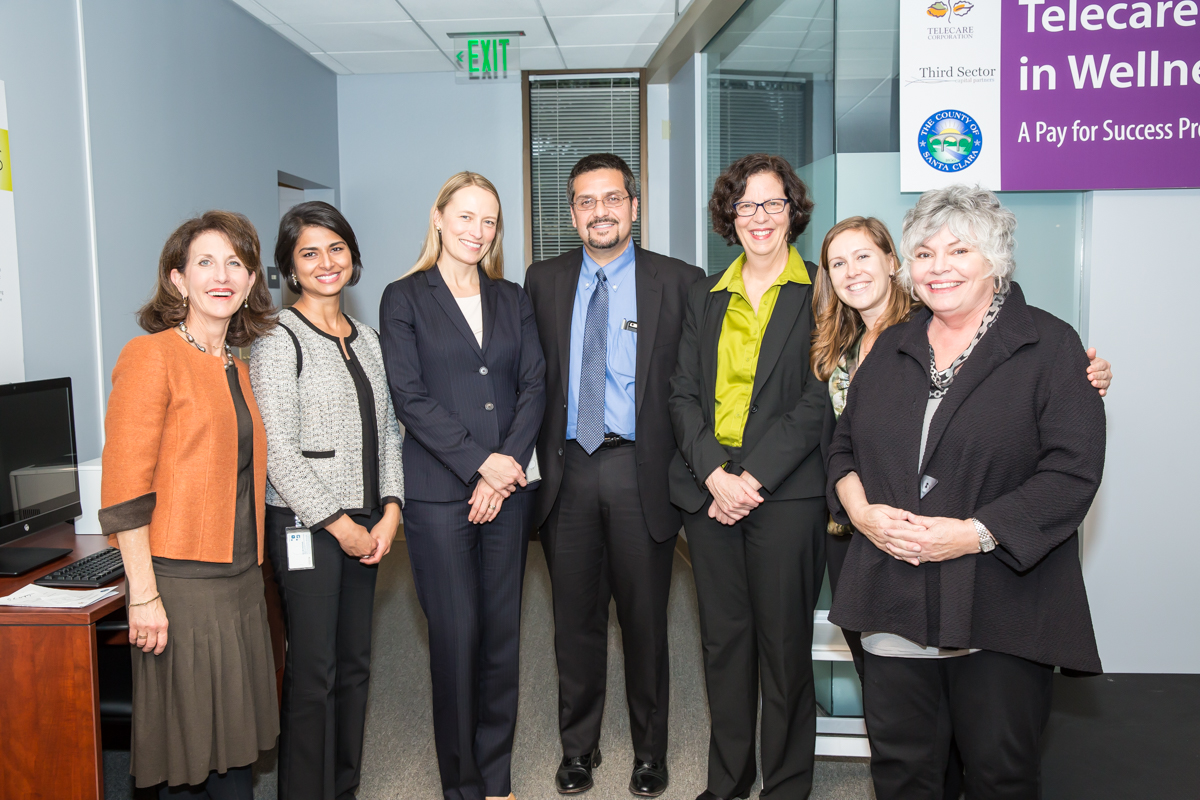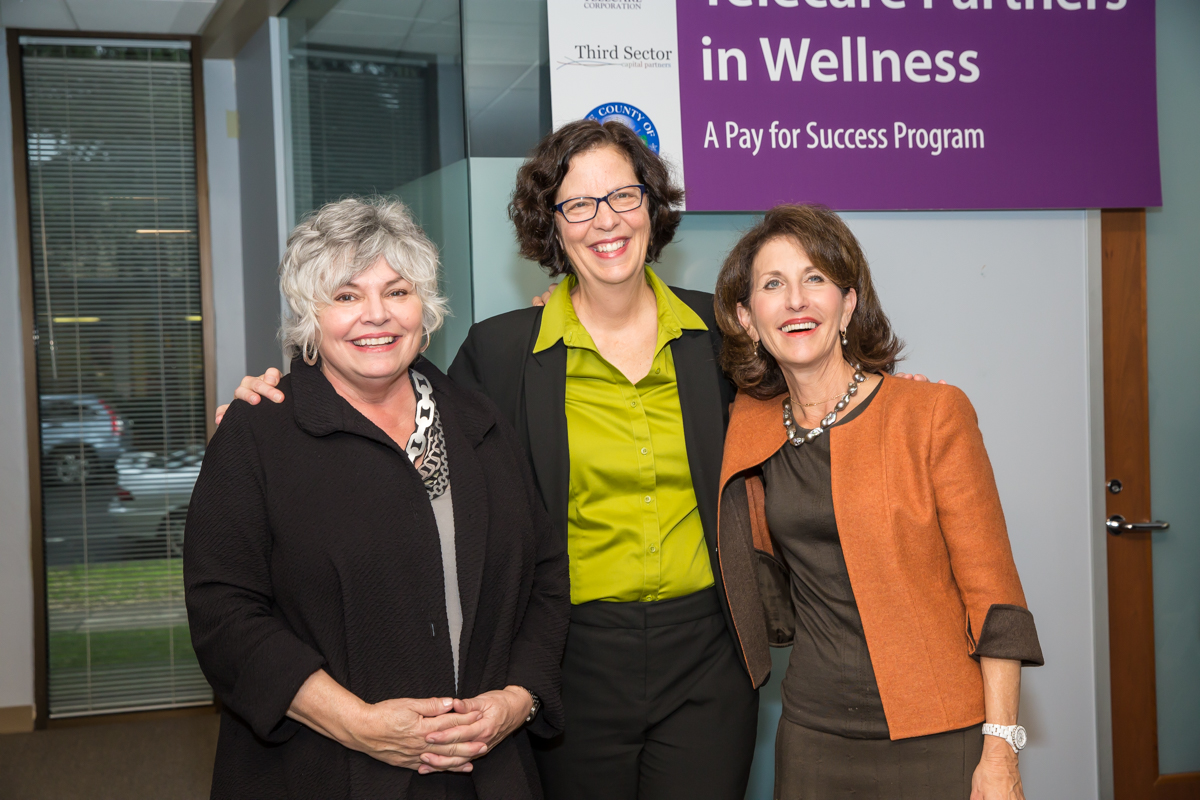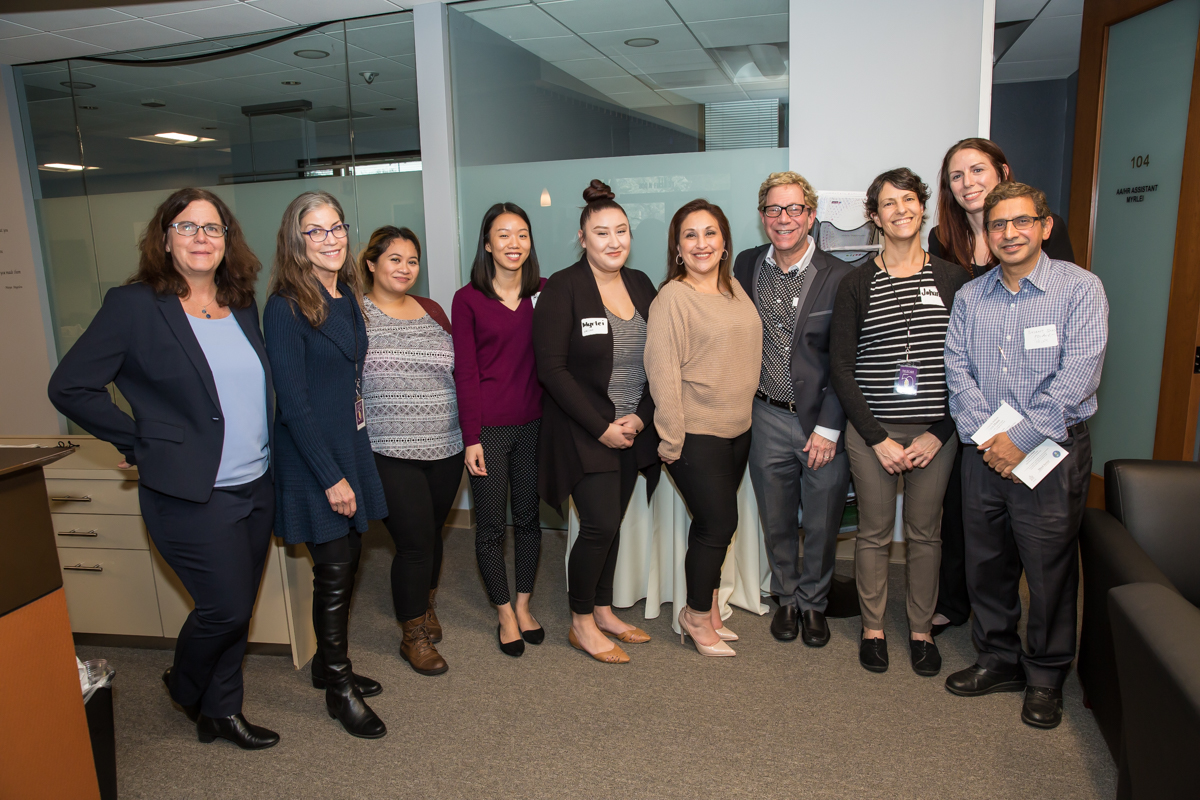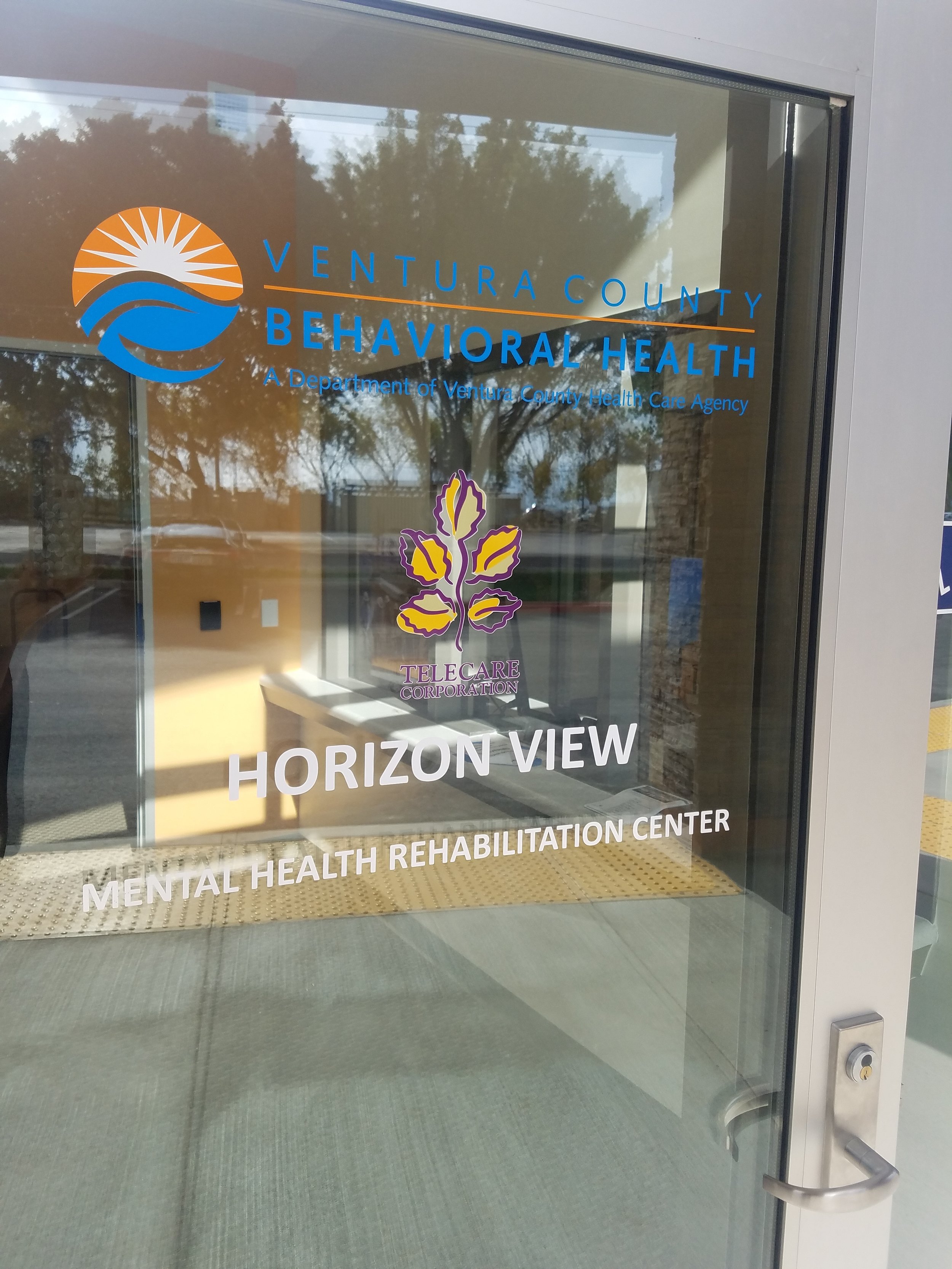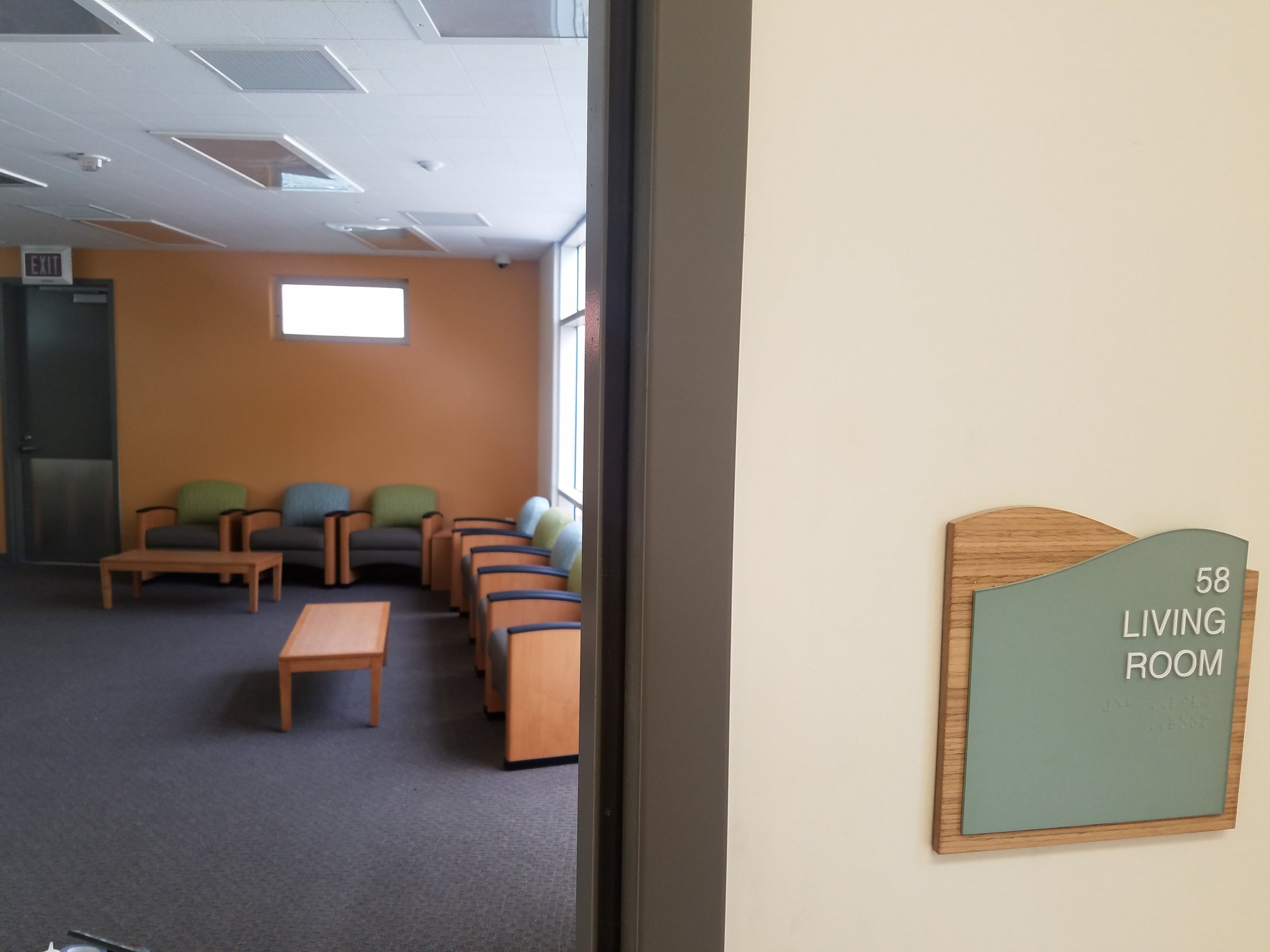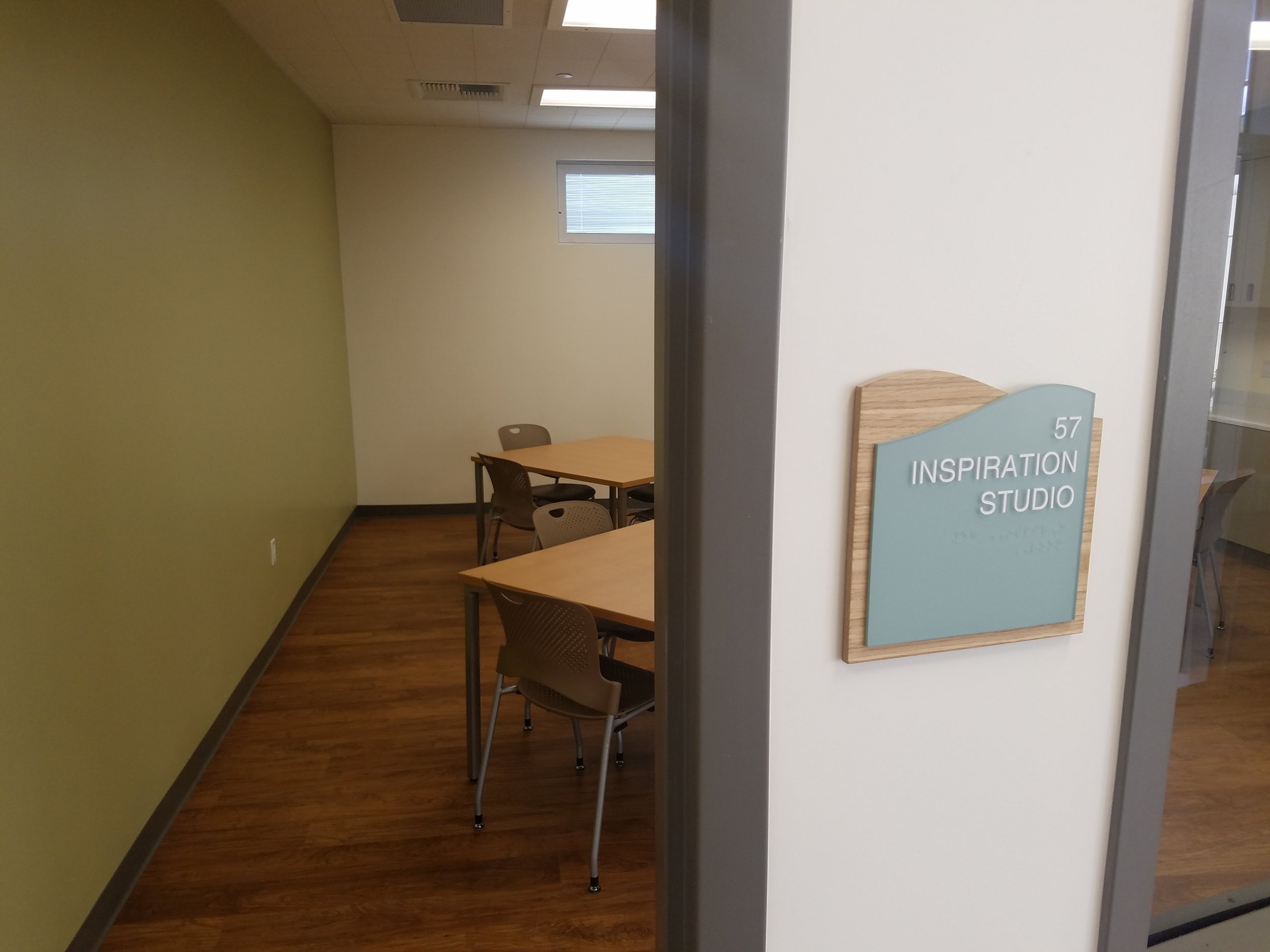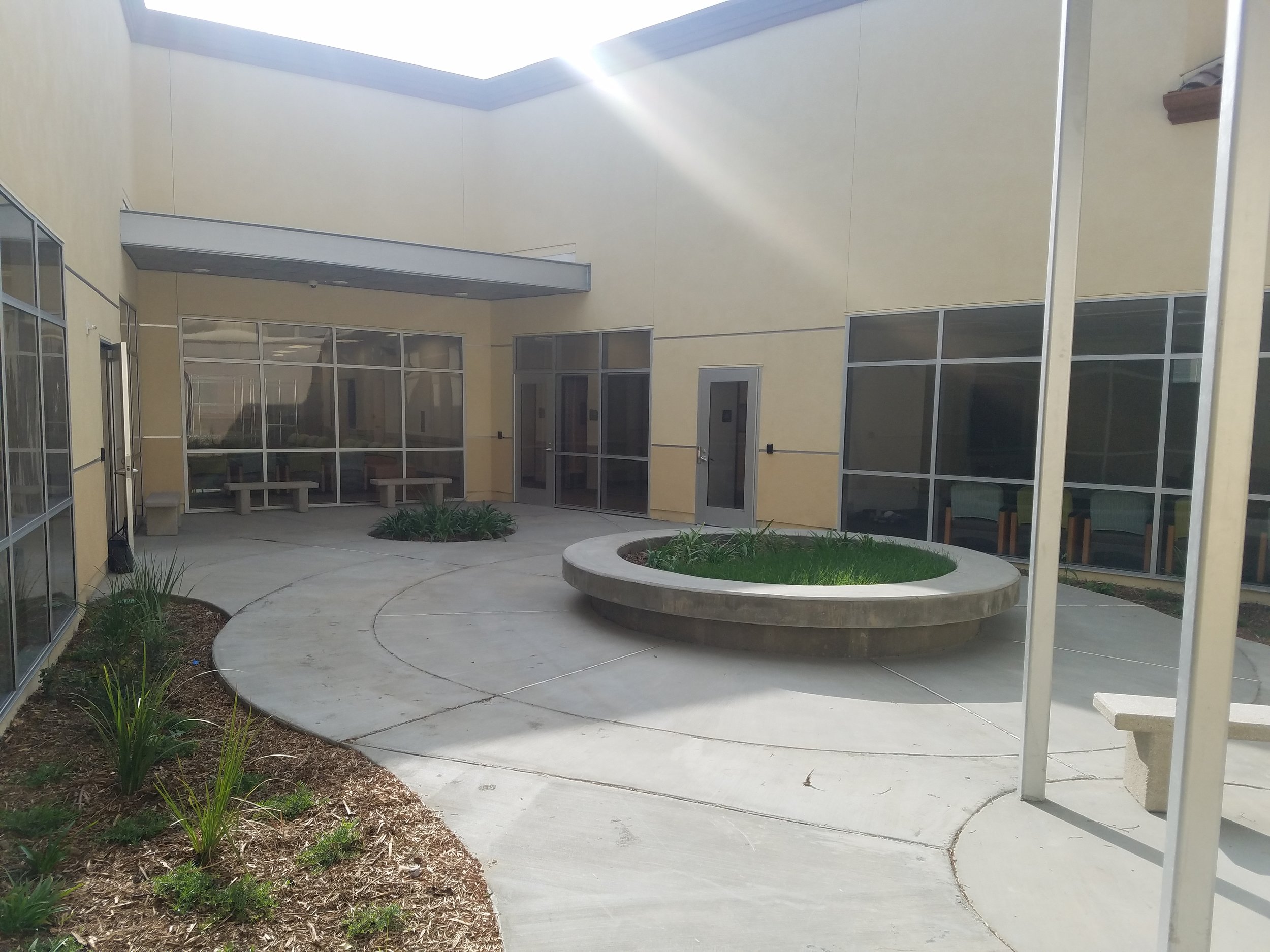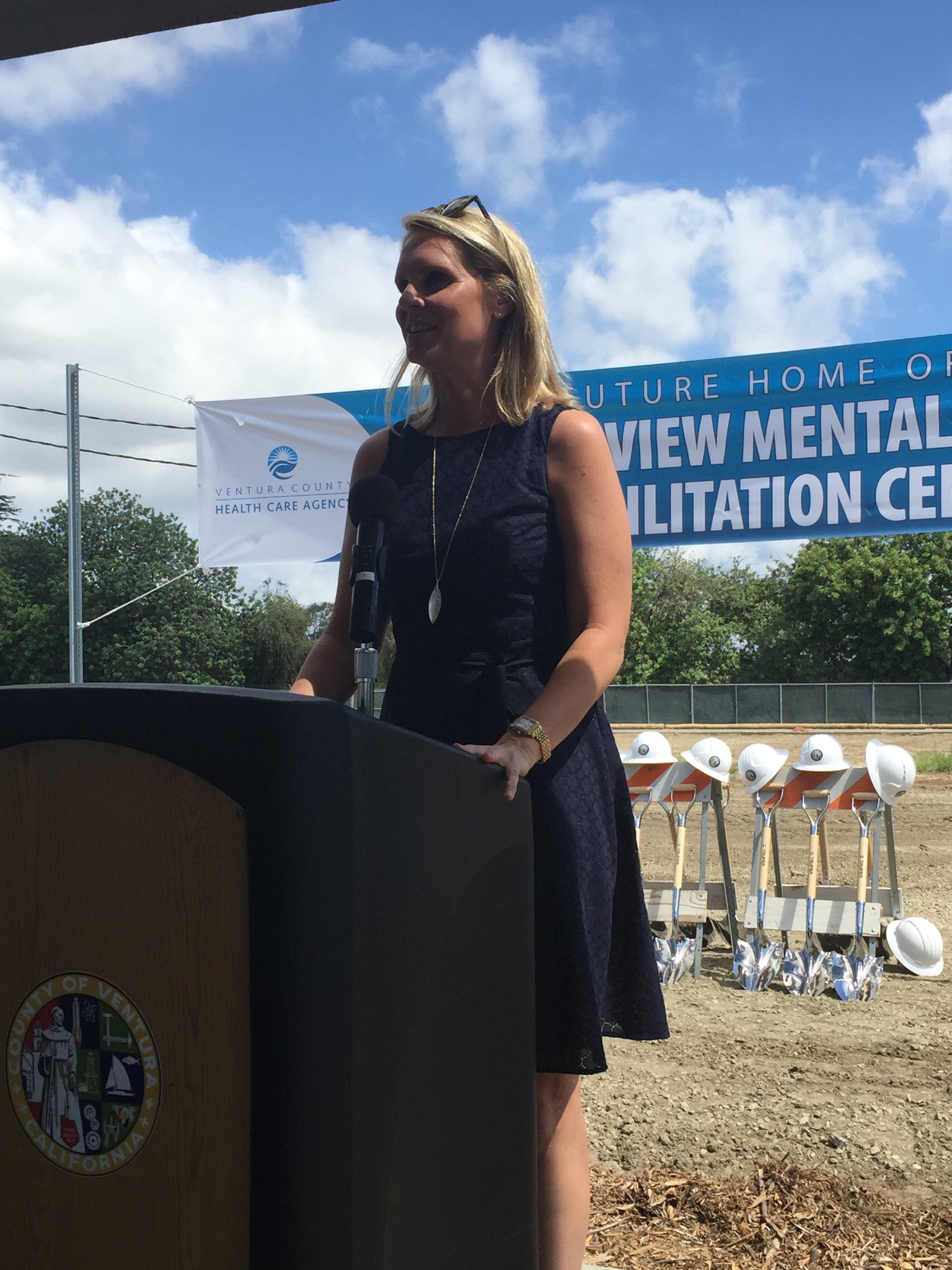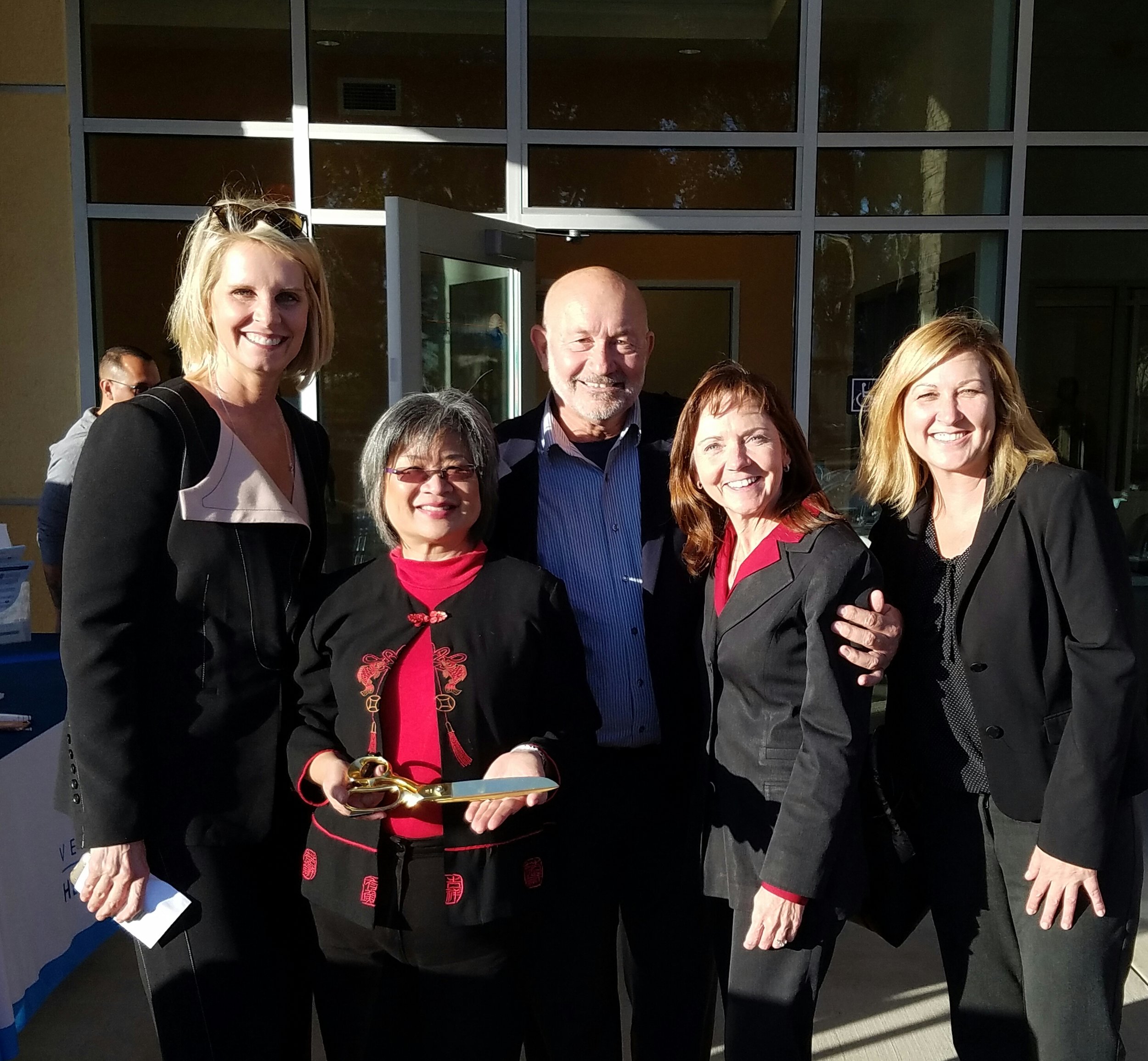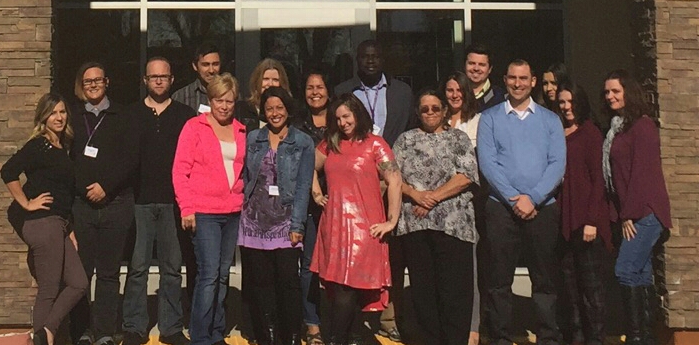Beginning the Journey
When Sasha moved to Alameda County from San Francisco two years ago to flee an eviction, she brought some of her roommates and all of her cats with her. She, like her roommates, struggled with daily heroin, alcohol, and cocaine use. Heroin allowed her to temporarily ignore the pain in her right hand, now completely numb from carpal tunnel syndrome. Alcohol drowned out the depression and the guilt for the choices she made that had landed her in this financially-strained, drug-filled situation again. Cocaine helped her focus on her job, and helped keep her awake. She used to be a nurse, working full-time in a hospital. She felt she had become nothing, with nothing to show for it.
Her roommates’ addictions, like her own, were sustained by part-time employment. Sasha was a home health aide and while she was in significant debt, she didn’t hold her roommates accountable for their financial obligations and never squeezed them for rent. Chaos became the status quo. People—some she knew, some she didn’t—coming and going 24 hours a day made the house seem more like a multi-service center than a residence. Nights were filled with anguish and no sleep, and turned into days with occasional violence and recuperation from the drug use the night before. On top of the guilt, shame, pain, and loneliness Sasha felt, her financial burden continued to pile up to the point where she felt that there was no way out. She wanted to kill herself again—she had tried three times before—and was quickly running out of options. It was at this point when the Oakland Community Support Center referred Sasha to CHANGES.
After completing an intake on the Intensive Case Management (ICM) team, Sasha was connected with a staff therapist to address her depression and suicidal ideation. She consistently met with both her therapist and her case manager every week. She and her therapist developed a strong therapeutic rapport and would go on walks together or to get coffee at Philz. She engaged actively in Cognitive Behavioral Therapy (CBT) exercises to stop and evaluate the negative automatic thoughts, mindfulness activities to ground herself in times of emotional distress, and Recovery-Centered Clinical System exercises to address individual problems as they came up.
Slowly, as Sasha practiced these techniques, she began to apply them without external prompting or conscious effort—replacing the unhealthy habits of her past. Her mood improved and she acknowledged that while her suicidal thoughts remained, they were less distressing. Over a period of months, Sasha grew more confident in her ability to make decisions that she wouldn’t be ashamed of afterwards: she didn’t take in an old friend that she knew she couldn’t care for, she began asking for rent, and she continued to check in weekly with her CHANGES case manager. She began to put her own wellness first over the dependent needs of her roommates and she began to set boundaries with them.
Additionally, Sasha attended orientation at Sparkpoint at Eastmont Mall for debt management and financial assistance. She connected with a personal care provider at PATH Lifelong Medical Center and finally got surgery for carpal tunnel syndrome in her right wrist. She signed up at the methadone clinic with a roommate and attended daily. Things seemed to be looking up, and for a month or two all was well. This was her first time off of IV-heroin in more than 10 years.
Pushing Through Relapse
These changes, however, were hard to maintain. Due to the absence of heroin and the presence of ongoing stress, Sasha’s cocaine and alcohol use both increased. Dealing with the debt and the consistent interpersonal issues with her roommates was taking its toll and she felt she was again without anywhere to turn. While she continued to attend the methadone clinic each morning with one of her roommates, her appointment attendance both at Sparkpoint and at CHANGES declined significantly. She didn’t return calls. Her debt increased. She grew angrier with herself, guiltier, and more fed up with her roommates. Finally, when she had to put down one of her cats because she couldn’t afford the veterinary care, she called her therapist at CHANGES and reconnected. She was lost, felt guilty and suicidal, and needed help.






